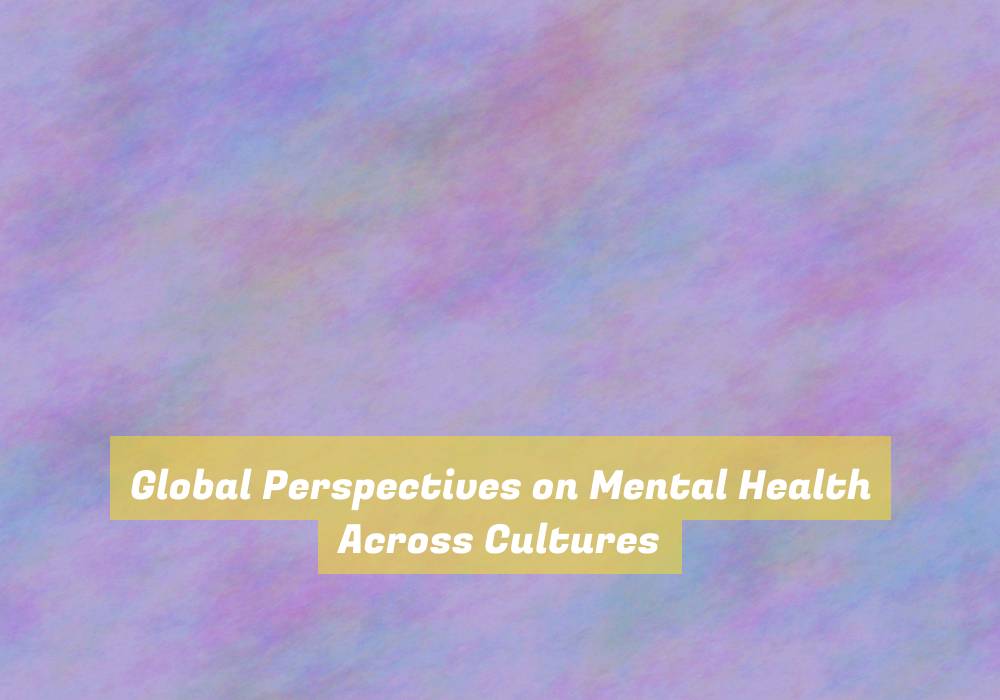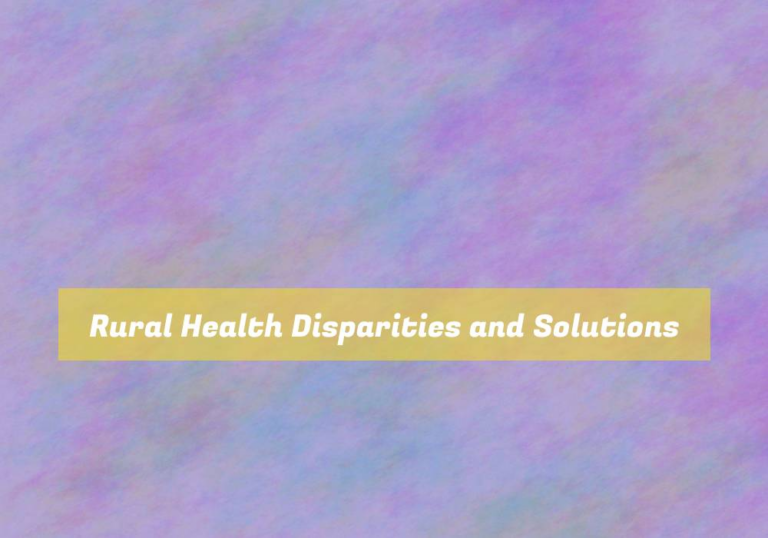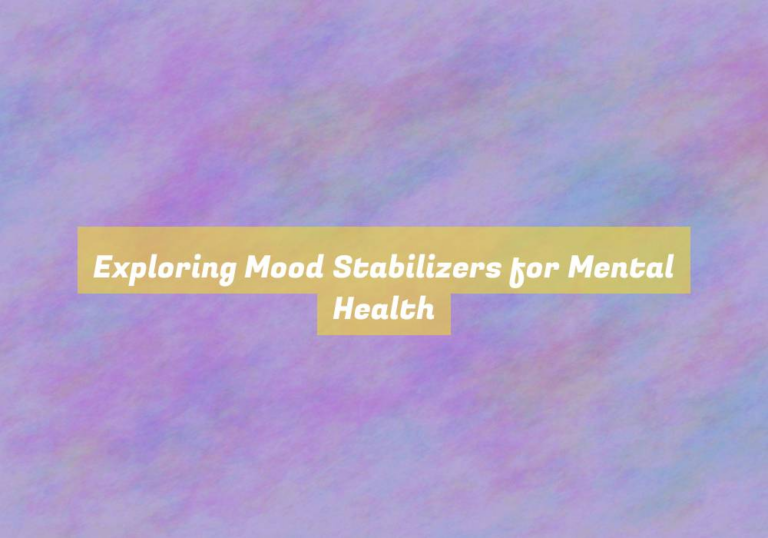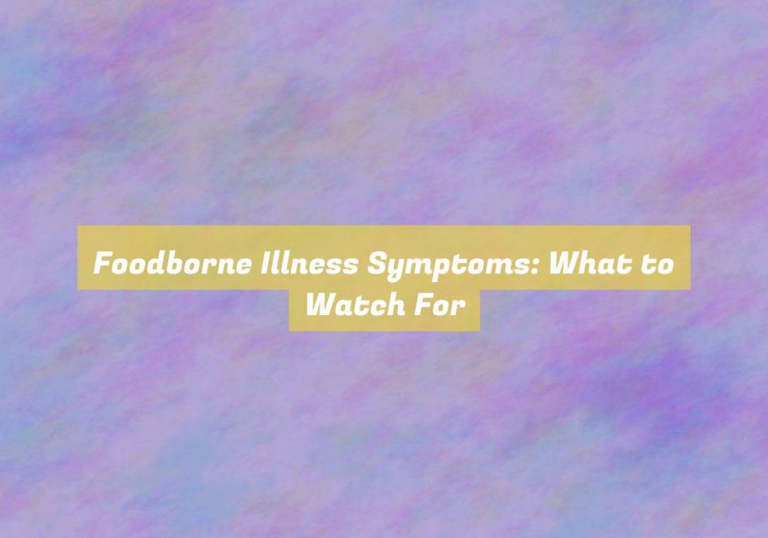Global Perspectives on Mental Health Across Cultures
Understanding mental health across different cultures is like navigating a complex mosaic, where each piece holds its own unique significance. As you consider the diverse ways in which mental health is perceived and addressed around the world, you may find yourself intrigued by the myriad of cultural influences that shape these perspectives.
However, these global perspectives on mental health also raise thought-provoking questions about the impact of stigma, the role of traditional healing practices, and the effectiveness of global mental health initiatives.
Cultural Influences on Mental Health
Understanding how culture impacts mental health is crucial for providing effective and sensitive care to individuals from diverse backgrounds. Cultural influences play a significant role in shaping an individualG??s perception of mental health, illness, and treatment. For example, in some cultures, mental health issues may be stigmatized, leading individuals to avoid seeking help due to fear of judgment or shame. Additionally, cultural norms and values can greatly impact the expression of distress and the types of coping strategies that are considered acceptable.
ItG??s important to recognize that different cultures may have varying beliefs about the causes of mental health conditions, which can influence the way individuals and their families approach treatment. Moreover, cultural factors can also influence the availability and accessibility of mental health services. Individuals from certain cultural backgrounds may face barriers such as language barriers, lack of culturally competent providers, or limited awareness about available resources.
Stigma and Mental Health
Stigma surrounding mental health can significantly impact an individualG??s willingness to seek help and access appropriate care. In many cultures, mental health conditions are stigmatized, leading to individuals feeling ashamed or embarrassed to seek support. This can result in delayed or avoided treatment, exacerbating the impact of the condition. Stigma also affects how individuals are treated by their communities and healthcare providers, leading to discrimination and limited access to resources. It can create barriers to employment, education, and social relationships, further impacting oneG??s mental well-being.
Addressing stigma requires a multi-faceted approach that includes education, advocacy, and destigmatization efforts. ItG??s essential to challenge misconceptions and promote understanding of mental health conditions to create a supportive environment for those affected. Culturally sensitive approaches are crucial, considering the diverse beliefs and attitudes towards mental health across different cultures.
Encouraging open conversations and providing safe spaces for individuals to share their experiences can help break down stigma. By promoting acceptance and understanding, we can create a more inclusive and supportive society for individuals facing mental health challenges.
Traditional Healing Practices
The impact of cultural stigma on mental health often leads individuals to seek alternative forms of support and treatment, such as engaging in traditional healing practices. In many cultures, traditional healing practices play a significant role in addressing mental health concerns. These practices often involve a holistic approach that considers the interconnectedness of the individual with their community, environment, and spirituality. Approaches may include rituals, herbal remedies, spiritual ceremonies, and guidance from traditional healers or elders within the community.
Traditional healing practices are deeply rooted in cultural beliefs and are often passed down through generations. They provide a sense of belonging and cultural identity while addressing mental health challenges. Many individuals find comfort and understanding in these practices, as theyG??re often intertwined with familiar cultural and spiritual frameworks.
ItG??s important to acknowledge that traditional healing practices vary widely across different cultures and can significantly impact the perception and treatment of mental health. While some may view these practices as complementary to Western medical approaches, others may rely solely on traditional healing methods. Understanding and respecting these traditional healing practices is crucial in providing culturally sensitive and effective mental health support across diverse communities.
Global Mental Health Initiatives
Global mental health initiatives are essential for addressing the diverse and complex mental health needs of communities worldwide. These initiatives aim to promote mental well-being, prevent mental disorders, and ensure access to appropriate mental health services.
One such initiative is the World Health OrganizationG??s Mental Health Action Plan 2013-2020, which provides a framework for countries to integrate mental health into their overall health strategies. Additionally, the Movement for Global Mental Health advocates for increased investment in mental health services, particularly in low- and middle-income countries where resources are often scarce.
Another important initiative is the Friendship Bench program in Zimbabwe, which trains community health workers to provide evidence-based psychological interventions to those in need. Furthermore, the Grand Challenges in Global Mental Health initiative funds research projects aimed at finding innovative solutions to mental health challenges.
These initiatives recognize the need for culturally sensitive approaches that respect diverse beliefs and practices, and they play a crucial role in promoting mental health equity and reducing the global burden of mental disorders.
Conclusion
In conclusion, understanding global perspectives on mental health across cultures is vital for addressing the diverse needs of individuals worldwide.
Cultural influences, stigma, and traditional healing practices all play a significant role in shaping mental health experiences.
By recognizing these factors and supporting global mental health initiatives, we can work towards creating more inclusive and effective mental health support systems for everyone.






